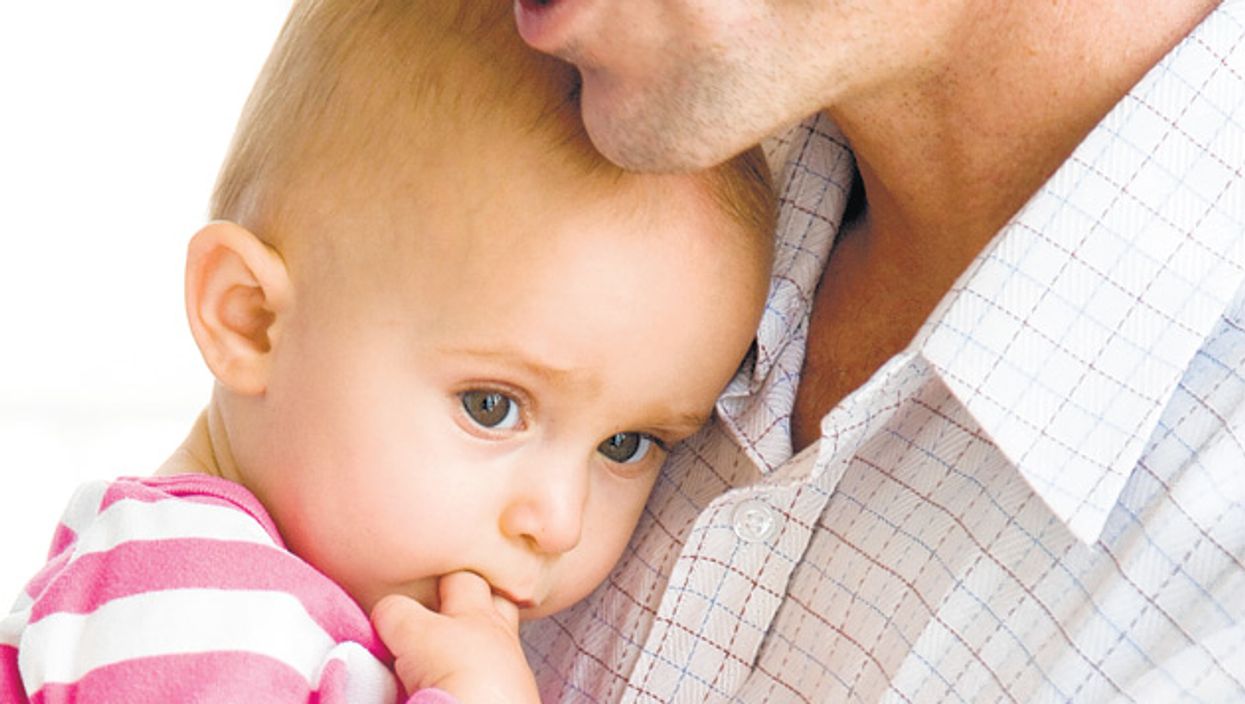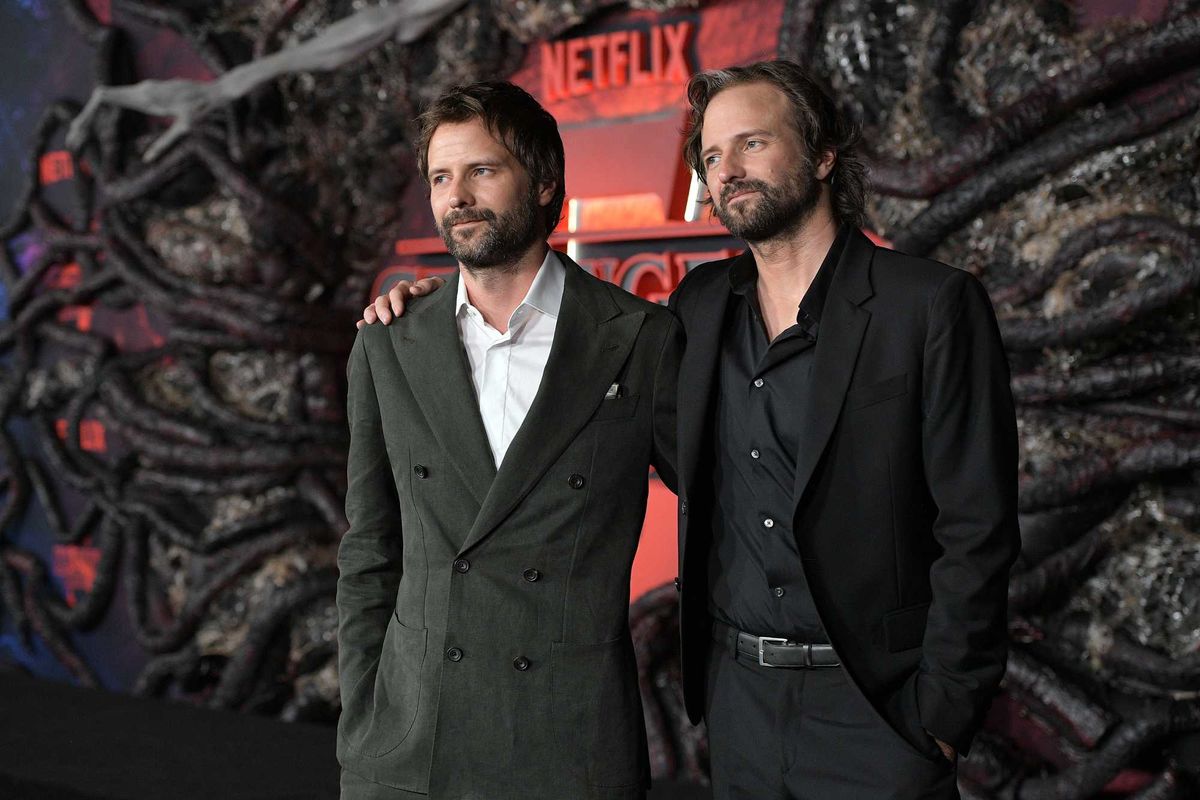Sandra Salathe
Apr 09, 2021

There’s no denying sexism seeps heavily into every major institution of society, and toxic masculinity is often a contributing factor. But what if stereotypical masculine characteristics were a positive thing? According to a new study, certain masculine traits can actually lead to better parenting in some dads.
Published on Psychology of Men and Masculinities, the study suggests traditional masculine characteristics, such as competitiveness and adventurousness, were linked to fathers being better parents to infants.
“These men are combining traditional aspects of masculinity with new nurturing ideals to create new fathering identities. They may be in the midst of transforming fatherhood,” said Sarah Schoppe-Sullivan, professor of psychology at The Ohio State University and the study’s lead author.
Additional traits listed, such as daringness, adventurousness, dominance, aggressiveness, courageousness and standing up to pressure – were also considered positive traits among fathers. Then again, to classify such traits as masculine is wrong in itself.
Women can be just as competitive and adventurous as men. Gender has nothing to do with it.
It isn’t all positive
While certain traditional traits proved to be a positive contributor in fathers, the study also shed light on negative masculine attitudes, and how that specifically plays into hostile sexism. The study found that the quality of fathers’ parenting their infants was unrelated to the archaic ideology that men should be primary breadwinners.
Based on a four-point scale, expecting fathers were asked to rate themselves on the seven traditional masculine traits throughout the third trimester of their partners’ pregnancy.
Hostile sexism was rated by asking male participants how much they agreed with 11 statements that bordered on feminism to career goals. In regards to their nurturing father roles, beliefs were measured by nine statements regarding bathing, feeding and dressing the child.
Did these beliefs shift after the baby was born?
Nine months after the baby was born, researchers discovered men who believed they should have a nurturing father role had higher-quality interactions with their child. The study also found that the fathers turned out to be better at co-parenting with their partner.
However, researchers also found more men who said they align with stereotypical definition of “real men,” also showed positive parenting behavior.
“The fathers who see themselves as competitive and adventurous and the other masculine traits tended to be really engaged with their kids. They were not checked out,” Schoppe-Sullivan said.
So what’s the overall consensus?
Schoppe-Sullivan suggests men who use traditional masculine characteristics to succeed at work may be applying that same mentality to their jobs as parents.
“These dads may be saying that being a father is an important job, too, and I’m going to use the same traits that help me succeed at work to make me a successful father,” she said.
While these statistics don’t apply to all fathers, Schoppe-Sullivan says the results are encouraging. Maybe there’s hope for the male species after all.
Top 100
The Conversation (0)













